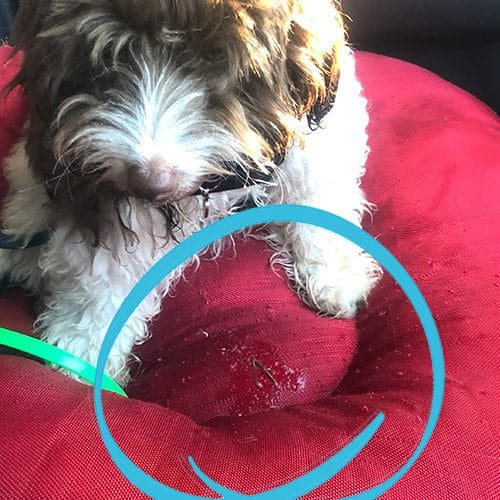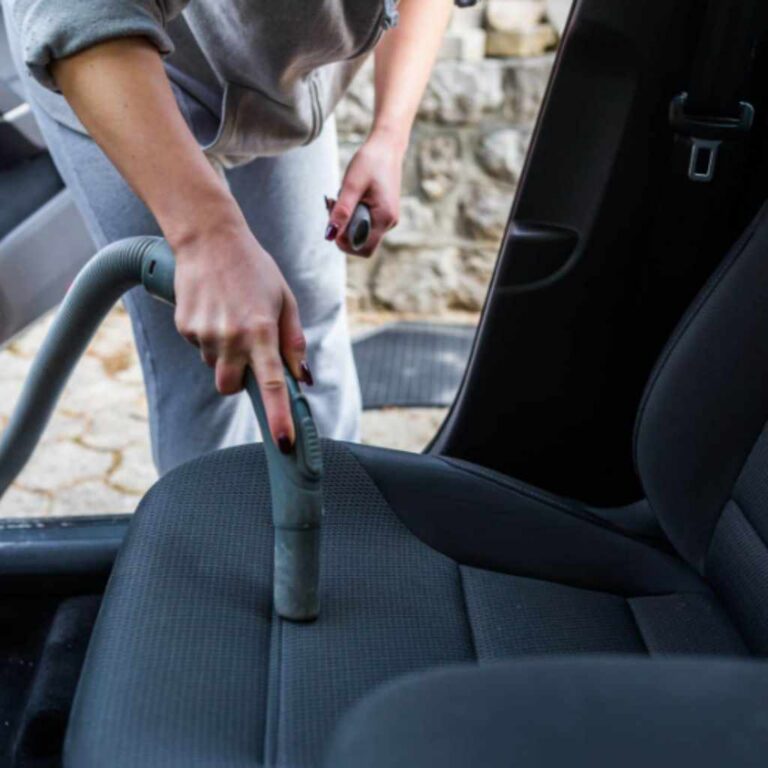Do Dogs Get Carsick?: Uncover Canine Motion Sickness Mysteries
Do Dogs Get Carsick?
As pet owners, we always want to take our furry friends with us wherever we go. Whether it’s a trip to the park or a long drive, we want them to be a part of our lives. However, if your dog gets carsick, taking them with you on car rides can be challenging. In this blog post, we will be discussing everything you need to know about dogs and carsickness.
What is Carsickness in Dogs?
Carsickness is a type of motion sickness that dogs can experience while riding in a car. Just like humans, dogs can get nauseous and dizzy when they’re in a moving vehicle. This is due to a conflict between their visual perception and their inner ear, which is responsible for balance and orientation. When the signals from these two systems don’t match, it can cause motion sickness in dogs.
What Causes Carsickness in Dogs?
There are two primary reasons why dogs get carsick – physical and psychological.
Physical Causes:
One of the most common physical causes of carsickness in dogs is an underdeveloped vestibular system. This system is responsible for maintaining balance and orientation, and it develops as the dog grows. Puppies are more prone to carsickness because their vestibular system isn’t fully developed yet. Other physical causes of carsickness in dogs include ear infections, inner ear disorders, and gastrointestinal problems.
Psychological Causes:
Psychological causes of carsickness in dogs are related to anxiety and fear. If your dog associates car rides with negative experiences like going to the vet, it can cause stress and anxiety, leading to carsickness. Dogs that don’t like car rides or are afraid of cars can also experience motion sickness.
What are the Symptoms of Carsickness in Dogs?
If you’re unsure if your dog gets carsick, below are some common symptoms of motion sickness:
– Whining
– Drooling
– Yawning
– Lip licking or lip “smacking”
– Trembling
– Panting
– Vomiting
If your dog experiences any of these symptoms while riding in a car, they may be suffering from carsickness.
How to Prevent Carsickness in Dogs?
If your dog gets carsick, there are several ways to prevent it. Here are some tips that can help you make car rides less stressful for your furry friend:
1. Keep Your Dog Calm
One of the best ways to prevent carsickness in dogs is to keep them calm. If your dog is anxious or scared, it can make their motion sickness worse. To keep your dog calm, you can use a crate or a car seat, so they feel secure and comfortable.
2. Don’t Feed Your Dog Before the Trip
Feeding your dog before a car ride can increase their chances of getting carsick. Try to feed your dog at least two hours before the trip, so their stomach is empty when you’re on the road.
3. Take Frequent Breaks
Taking frequent breaks during a long car ride can help your dog relax and reduce their chances of getting carsick. You can stop at a park or a rest area and let your dog stretch their legs and get some fresh air.
4. Use Medication
If your dog’s carsickness is severe, your vet may recommend medication to help them feel better. Antihistamines like Benadryl can help reduce nausea and vomiting in dogs. However, you should never give your dog medication without consulting your vet first.
Conclusion
In conclusion, dogs can get carsick, just like humans. Carsickness in dogs is usually caused by an underdeveloped vestibular system or psychological factors like anxiety and fear. If your dog gets carsick, there are several ways to prevent it, including keeping them calm, not feeding them before the trip, taking frequent breaks, and using medication if necessary. With the right precautions, you can make car rides enjoyable for both you and your furry friend.







